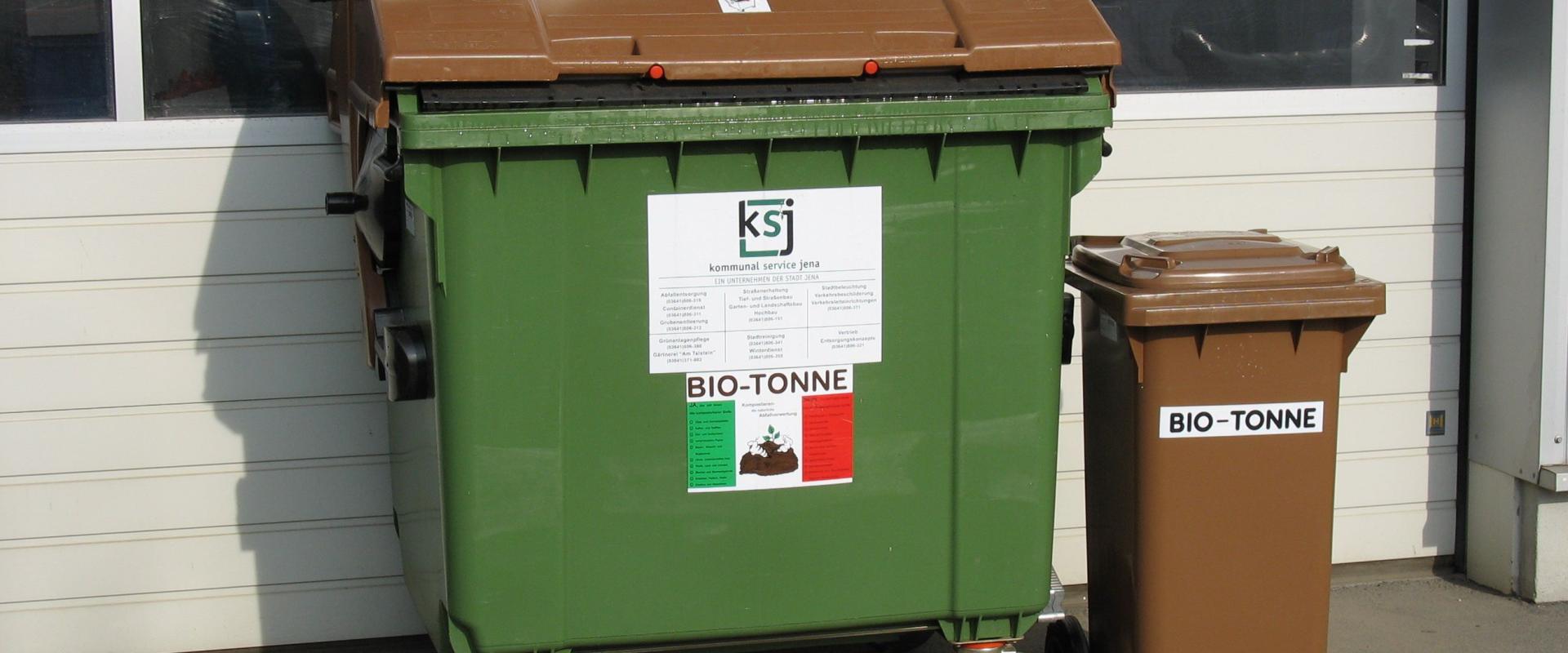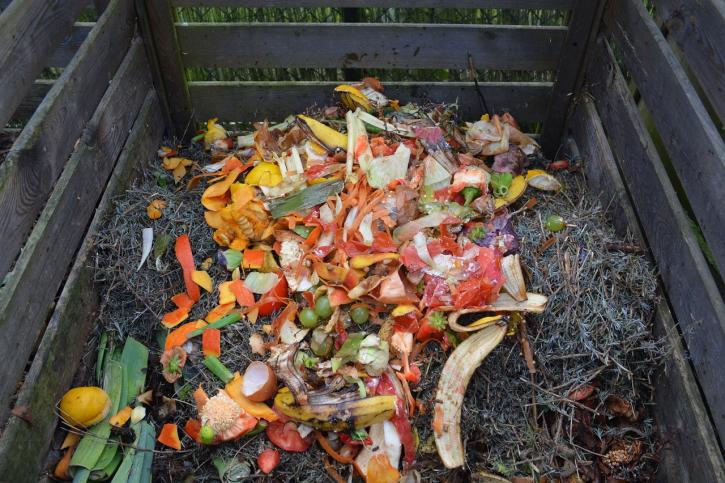
search the site now

Biowaste containers are compostable organic waste that can be recycled through composting. This includes, among other things
This waste is processed into compost in a certified composting plant.



Another disposal option for Biowaste containers from private households is to use a compost heap or quick composter to reuse the compost produced.
Home composting should be carried out properly and harmlessly at the source of the waste or in the immediate vicinity (i.e. on the residential property or the neighboring or opposite property). As a "self-composter", you can apply to the KSJ for a reduction in the basic waste fee. If self-composting is confirmed, the reduced basic fee will be applied as of the next fee collection date. The KSJ must be notified of any changes.
The fee reduction is only possible for year-round home composting, but not if an organic waste garbage can is used for disposal in addition to composting.
Making good compost
Downloads

Container change notification form
188.19 KB fileformat: pdf

Waste statutes (from 01.01.2024)
106.63 KB fileformat: pdf

Waste fee statutes (from 01.01.2024)
81.58 KB fileformat: pdf

Home composting application
394.35 KB fileformat: pdf

Harmful organic bags - Lisa Brack/Head of Reporter CHIP.de (30.01.2019)
490.89 KB fileformat: pdf